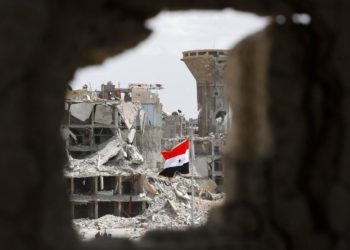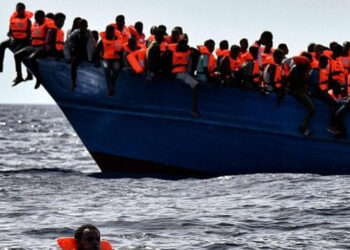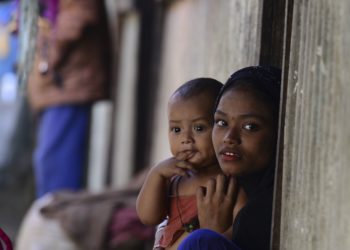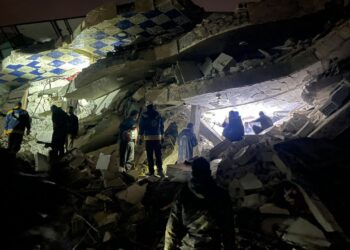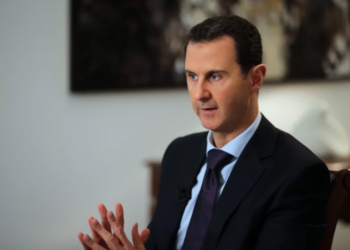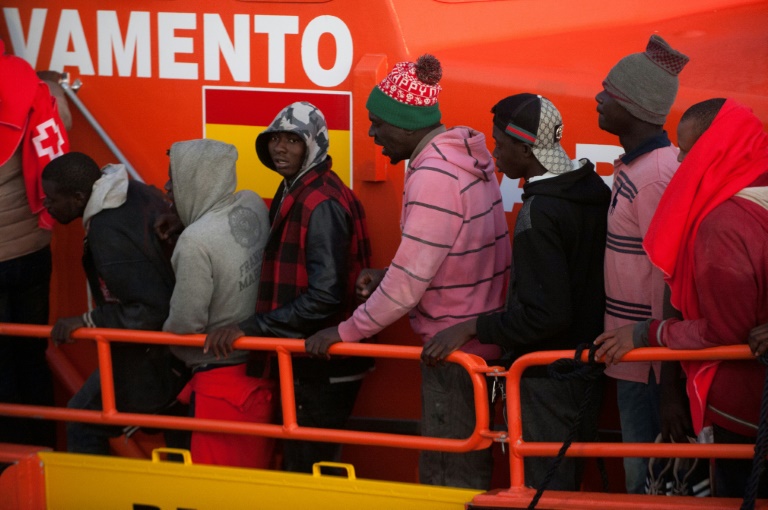Like so many Syrian parents, Yousef fled Syria to provide a safer life for his children. But it wasn’t just the ongoing conflict that was putting his daughter’s life in danger, it was the lack of access to regular medicine and treatment facilities.
Rasha, Yousef’s 10-year-old daughter, has Sickle Cell Anemia, a hereditary blood disorder that affects hemoglobin and requires regular transfusions and costly medications.
“It was becoming increasingly difficult to reach hospitals and secure medication treatment and blood,” Yousef told The Globe Post. “This was the main reason we came to Jordan.”
Yousef and his family entered Jordan in 2014 through Syria’s southern borders. The country is usually considered an island of repose in a region suffering from wars. It has been taking in millions of refugees from Palestine, Iraq, Yemen, and Syria for many decades.
According to the United Nations Higher Commission for Refugees, Jordan has 89 refugees per 1,000 inhabitants, making it globally the second highest share of refugees compared to its population.
There are currently 650,000 Syrian refugees in the country. The government figures estimate, however, that Jordan is hosting 1.3 million of the 5.2 million Syrian refugees across the region.
“The narrative goes that Jordan is safe, stable, and has a dense network of NGOs and aid workers managing the influx of refugees and vulnerable locals in the country,” Farah Ali, a program coordinator for an NGO that works with the disenfranchised communities in the country, told The Globe Post. “This is why donor states and the international community should continue providing it funds.”
These funds have been allowing people like Rasha to continue receiving heavily subsidized treatment and medicine within the public healthcare system due to their refugee status.
But all of this is changing after a recent price hike in public health services for Syrian refugees.
Jordan’s government has recently introduced a new law requiring urban Syrian refugees to pay the same rate as other non-Jordanians in public hospitals – with 80 percent up front.
“This is resulting in fees increasing by up to five times for most services – for instance, the cost of a regular hospital birth has gone up from $85 to nearly $330,” Ali said.
Rasha’s treatment costs have skyrocketed from $8.5 to $2,800.
Yousef’s family has so far been getting by on food vouchers from the World Food program, the $150-200 Yousef makes doing odd jobs, and the $220 they receive from UNHCR.
“There is just no way I can cover these costs,” he says. “It’s impossible.”
Yousef’s family is now allocating most of their monthly income to Rasha’s blood transfusions and skipping on the medications, but it’s only a matter of time before they become an absolute necessity.
Yet, Yousef says he understands the measures.
“I wasn’t expecting the cheap healthcare to last that long – the Jordanian government is under so much pressure,” he said.
The financial strains in the country continue to worsen as Syria’s crisis enters its eighth year, and the influx of refugees to Jordan continue to rise.
Jordanian officials have refused to provide a statement explaining the change in healthcare policy, but have in the past mentioned the rising costs of Syrian refugees and falling international support a major issue.
“As healthcare needs have increased in Jordan, international donations have decreased, so it’s unsurprising that Jordan has reduced healthcare subsidies for Syrian refugee families,” Bill Van Esweld, a researcher on the Middle East and North Africa for UNHCR, told The Globe Post.
“In 2017 Jordan requested a total of $191,222,849 in aid from the international community to support its response to the healthcare needs of Syrian refugees and vulnerable Jordanians,” Esweld said. “It received $123 million.”
And only 15 percent of the funds required for health care needs of refugees were met in the first quarter of 2018.
“The international community needs to urgently work with Jordan to reverse those cuts,” Esweld said. “The majority of Syrian refugees are in poverty, and many could not afford healthcare costs even before they were increased. Until the cuts are reversed, people are going to suffer, and people will die because they cannot afford care.”
Analysis by UNHCR shows that 80 percent of Syrian refugees in urban areas live below the poverty line and the price hike will make even basic medical treatment unaffordable to most.
“Syrian families might start to opt for self-medication or other less costly alternatives instead of seeking healthcare – simply because they cannot afford to anymore,” Ali said.“It can be extremely dangerous, and relevant authorities need to come up with an appropriate and sustainable solution to this.”



